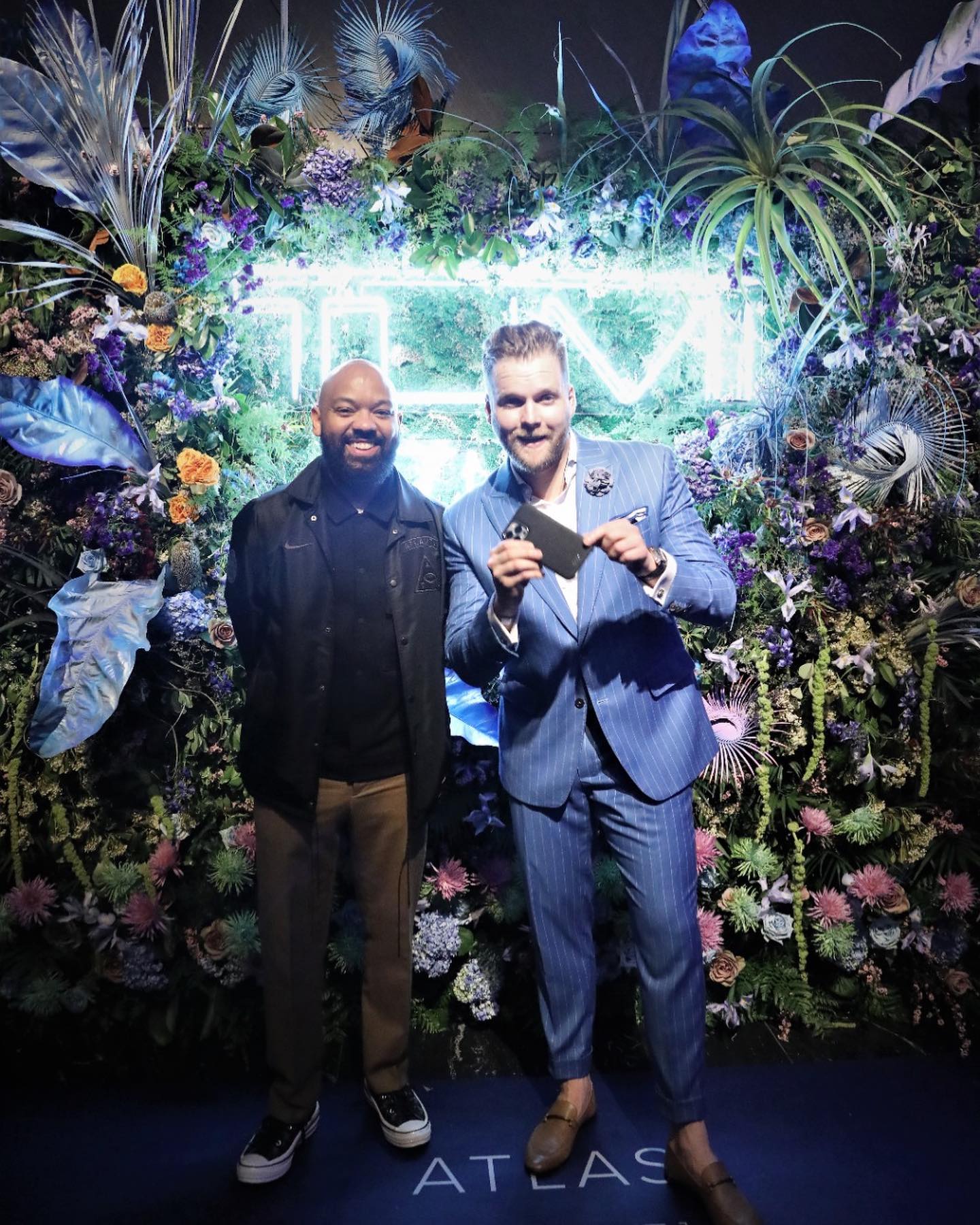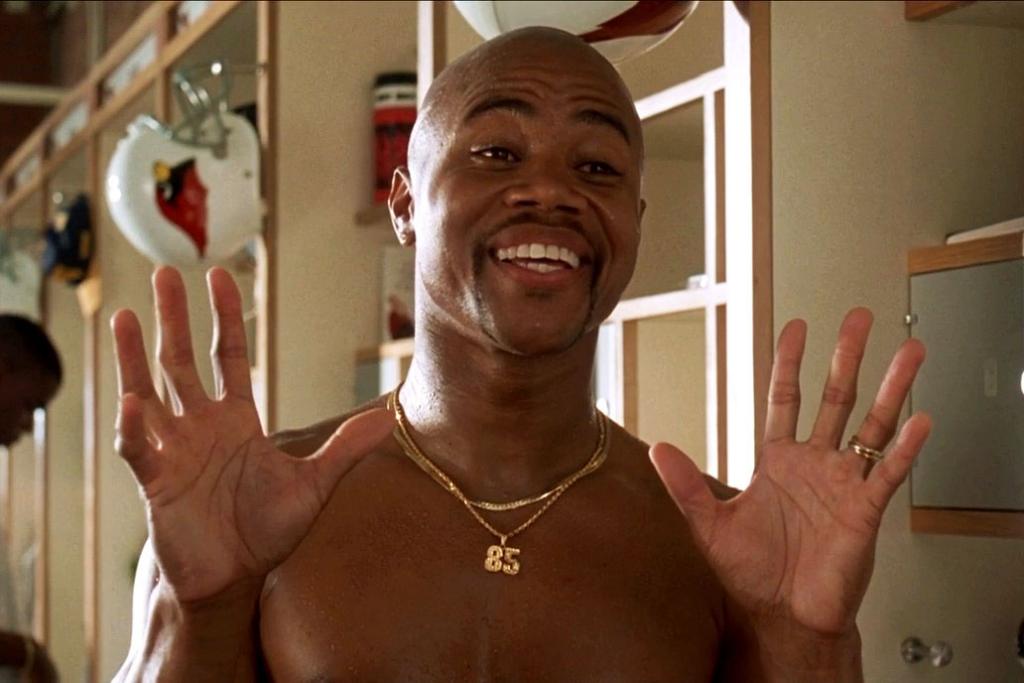
Not a day goes by lately, where I don’t hear gloom and doom woven into casual conversations I have with others. Patients, strangers and acquaintances alike lament over a wide array of problems, from anger at the amount of spam finding its way onto cell phones and e-mail to disgruntled comments about how today’s young people leave much to be desired, anxiety related to racial tensions and worse, during the twilight years of our first Black president’s tenure; wringing of hands and broken hearts around mass shootings — near and far; climate change and overpopulation; greed from the top 1% and last, but certainly not least, lack of opportunity for the middle class.
Of course, such societal and cultural concerns are understandable, and most of us hope for resolution. But the ever-growing despondency and sorrow constantly expressed make me think that something else might also be occurring. After much thought, I have concluded that a mass identity crisis is going on in America. Rather than honestly facing and exploring one’s own big questions, people find it easier to take notice of societal misfortunes external to themselves. In these postmodern times of the “quick fix,” instant communication, immediate gratification, and relativism, journeying into one’s spiritual depths is not a socially acceptable way to go.
The search for identity is nothing new. The developmental theorist and psychologist Erik Erikson (1902-1994) wrote that human development is largely based on the quest for identity throughout the entire life span. But it’s taking a new importance. Never before has personal identity been so highlighted. The hot new topic going viral on internet sites and media outlets is “identity crises”…. sexual identity, gender identity and, most recently, racial identity.
No sooner did the public accept and even celebrate gay marriage, than the question of transgender identity conflict was thrust into public debate. By changing his identity from Bruce Jenner to Caitlyn Jenner, the 65-year old Olympic champion signed a 5 million dollar reality show contract and has been proclaimed a hero by many. Verdicts vary – depending on personal sensitivities.
Then there was Rachel Dolezal, the former head of the Spokane, Washington NAACP. She was “outed” by her Caucasian biological parents for not being black, as she claimed. The relatively new term, “transracial identity conflict” quickly made its way into popular culture. Similar to Jenner’s public exposure, Twitter, Instagram, and many forms of social and mainstream media – from left to right – have besieged this 37-year old mother.
Baby boomers (now our elders) recall how the late 1960s and 70s were a time of optimism and hope for a greatly improved society. The Civil Rights movement brought affirmative action, ‘Afros,’ the theme ‘black is beautiful,’ and other essential improvements; the Peace movement ended an unpopular war; the Feminist movement and birth-control liberated women from the kitchen and paved their way into the working world; and the sexual revolution created a whole generation of happy and free flower children.
Today, more than 35 years later, despondency and pessimism prevail. As in the 60’s, there was also a huge excitement that permeated America a few short years ago. This excitement was based on the premise that our first black president would bring about the radical changes that were so desperately desired. Barak Obama — so many dreams placed on him, so many unrealistic and impossible hopes projected onto one individual.
It is this writer’s conviction that what was missing in the 1960’s is still missing today. As long as we see ourselves solely through secular and materialistic lens, and as long as we persist in venerating shallow standards of success and think that we can control everything, I believe that life in America will continue to spiral out of control.
From the unremitting stories of:
- war, terrorism and suffering;
- the threat of worldwide economic collapse;
- the clash of cultural ideologies at home;
- violence that has become epidemic;
- doctors in the US performing over 15 million cosmetic procedures in 2014, nearly twice as many as in 2000;
- sexual abuse and rape that claim nearly a quarter of our children;
- almost one in four adults suffering from a diagnosed mental disorder;
- the use of antidepressants, sleeping aids and anti-anxiety medication becoming the norm.
We are experiencing unprecedented levels of psychological stress in our lives.
In contrast with this cultural breakdown, there is also a recent major survey by the esteemed Pew Forum on Religion and Public Life, which revealed that ninety-two percent of Americans report a belief in God or in a “Higher Power.” A look at the publishing industry shows that books about personal growth and spirituality continue to capture a large segment of the market, which has been the case for decades. Such widespread attention to spiritual matters should be having a beneficial effect on our culture. But this does not seem to be true.
A closer look at spirituality in the West gives a sense of the problem. Traditional religion is being rejected by many– often understandably – because it doesn’t support their spiritual yearnings, or because of its historical abuses, or because it feels outdated and meaningless.
Millions of people are going it alone, creating their own belief systems. Visit any dating website and note that the majority of profiles have checked the category “spiritual but not religious” (SBNR). According to a 2012 report, almost 1 in 5 Americans are in this group. It points to the diversity of the individual search today. This shift began back in the Sixties, as people left traditional religion and began exploring Eastern religions like Buddhism, Hinduism, and Sufism, as well as different forms of nature worship, including Shamanism, Native American spirituality, and Wicca.
Even though the discipline of psychology considers a strong identity to be important for overall well-being, it pays scant attention to spiritual identity. While Erikson’s theory on identity formation was and remains an important contribution to contemporary developmental psychology, the area of spiritual identity is conspicuously absent from his work. As a result, psychology, psychiatry, most of academia and popular culture pay little attention to the cross-cultural research that cites how erosion of a strong spiritual identity leads to a self-image that loses its definition and becomes more fragile.
There is also evidence that a strong collective spiritual identity is necessary for a country to actually survive. British 20th century historian, Arnold Toynbee, whose 12 volume analysis of the rise and fall of civilizations “A Study of History” (1934-1961) was a monumental synthesis of world history, a meta-history based on universal rhythms of rise, flowering and decline, which examined a history from a global perspective. His over-arching analysis concluded that a strong religious and spiritual identity, are the determining factors for the robustness or decline of a civilization.
Clearly we have reached a pivotal moment, where so many negative forces seem to be pulling us apart, even while many powerful forces for the good, especially seen through rapidly growing global communication, are bringing people around the world ever closer together.
As Americans absorb the sorrow and pain of the recent tragedy in Charleston, South Carolina, let us honor the victims who opened their hearts to make a place in their Bible study group for a young man who was immersed in darkness and evil. Let us appreciate and honor the deep souls of the families and friends of the victims, who through their tears looked directly at that young man and expressed their forgiveness. Let us also be aware that contrary to what would be expected, this national tragedy seems to have brought people closer together. There have been no riots. Social activists and national politicians have stayed home. The Confederate flag will be coming down.
It is time for healing the western soul. Such a healing means to actively search within for answers to your big questions. It also means to acknowledge, be guided, and become one with the sacred energies alive in your heart and your soul. A new and transformed future is possible – for you, for me, and for the rest of America, as well.
By Dr. Judith Miller
Atlas: Tumi Travel’s Ode to the Personal Journey
April 15, 2022Love vs. Money
July 25, 2018The Newness of Old Love
October 24, 2017
Comments are closed.
The Gang Beats Boggs – “It’s Always Sunny In Philadelphia”
January 22, 2015Bob’s Burgers: “Dawn Of The Peck”
December 2, 2014Is Aaron Rodgers The Best QB Of 2014?
December 14, 2014




